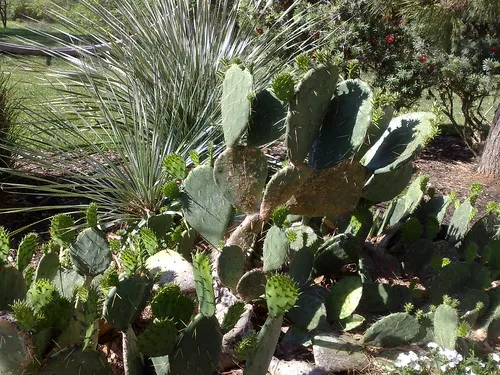This is a very popular analogy for how the blockchain and cryptocurrency worlds are operating at the moment. I don't know how true it is, because I am not really a good student of how the frontier was actually expanded. My understanding, for what it's worth, comes from hours of watching TV and Movie Westerns showing gunfights, cattle-rustling, gambling and bank robberies and I suspect that most people start from a similar position of half-knowledge. Nonetheless, I regularly see people doing things that aren't strictly legal, but are possible in this grey area we're inhabiting, at least for the time being. That won't last - there used to be a time when you could say pretty much whatever you liked on Twitter - it might have been libellous, but no one did anything about it. That's changed now.
The work that Mattereum and others are doing to build the Internet of Agreements is about introducing the law to this space, but that's not quite the same as imposition of law and order on the Wild West through lawmen - Sheriffs, Marshals and Deputies and a judge that you have to drag out of the saloon to sign a sub-poena. It's not about law-enforcement so much as enabling open trade through improving legal infrastructure.
So if it's anything to do with the Wild West, it's akin to finding standard ways to create new states, and governance mechanisms, and establishing ways for trade to happen, fairly and freely in this new context of blockchain transactions that don't have a trusted third-party to guarantee them. And that means working out what is new (and requires novel solutions) and what is old and can be reused. Hence many conversations are dominated by arguments that "this is totally new and nobody knows how it's going to work, so leave us to work it out" or "this is nothing new at all, it's totally covered by existing technology and practice, move along, nothing to see here".
Disclaimer: I am not (yet!) writing on behalf of the Mattereum team. They are good friends and I facilitated their first conference and attended the second as a participant. So I do think what they're doing is interesting and posts like these help me refine my understanding, but there may be more to the story that I just haven't grokked yet.
